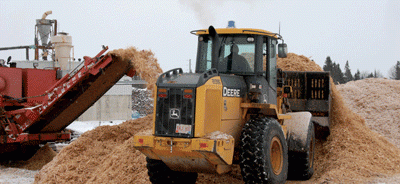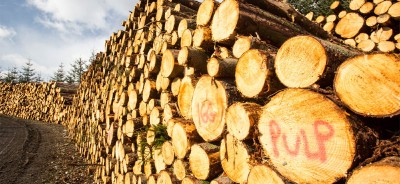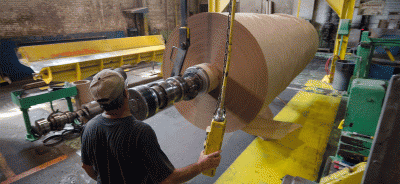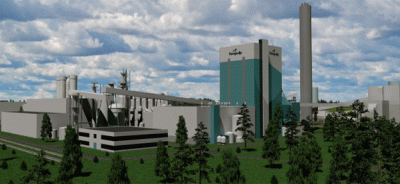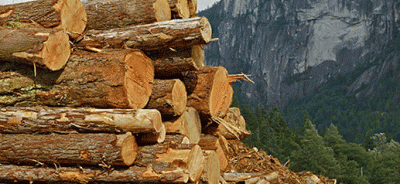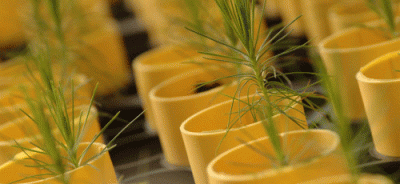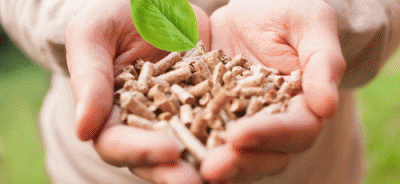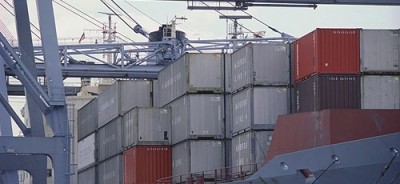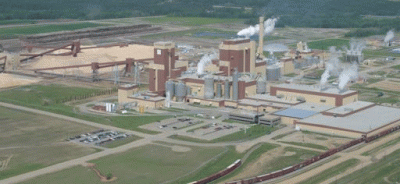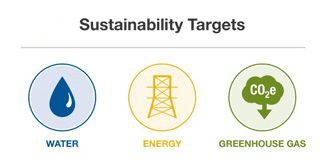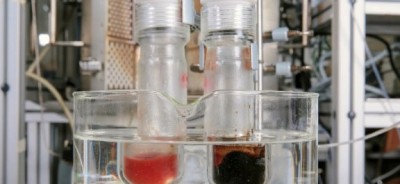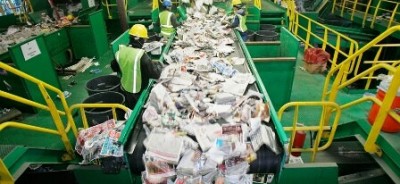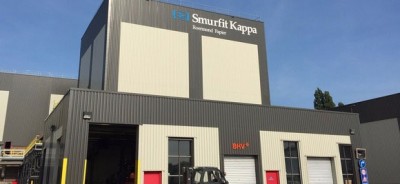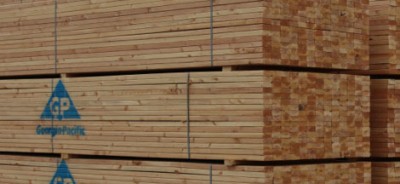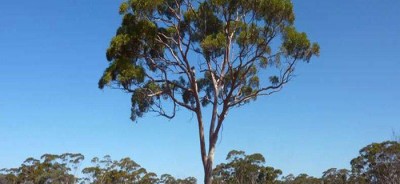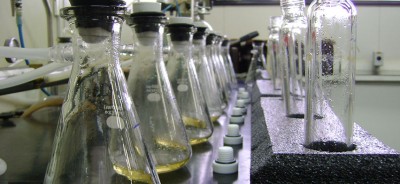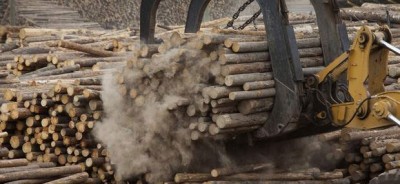Pulp firm Södra helps to close ecosystem by returning nutrients to forest via bio-ash
(Stockholm, Sweden, Dec. 1, 2016) Södra said that it has developed a bio-ash that comprises nutrients from forest raw materials and can be produced at the company’s own mills. The material will be used to return nutrients to the forest in order to close the ecosystem and ensure long-term production capacity.
In a press release, the company said, “When extracting raw materials from the forest we also extract nutrients. This usually only occurs to a limited degree since nutrients are primarily found in branches and needles, which are left behind on the ground. However, when branches and treetops — which are used in the production of bioenergy — are harvested, the amount of nutrients extracted increases. It is for this reason that Södra is now developing a service to return nutrients to the forest in the form of bio-ash after harvesting branches and treetops.”
Hedvig Johansson, Project Manager for Södra, said, “There are currently no signs of nutrient depletion, but we must think about the long term and ensure we have a system in place that will enable nutrients to be returned to the forest for many years to come. Research suggests that — if executed effectively — returning nutrients to healthy forest land could result in increased forest growth for at least ten years after the bio-ash is spread. On fertile land, this could mean an additional 15 m3fo per hectare.”
At the pulp mill in Mönsterås, Södra has developed its own spreadable ash mix, which has been approved by the Swedish Forest Agency as a means of returning nutrients to the forest. The bio-ash is produced by mixing the ash from the pulp mill’s bark boiler with nutrients extracted from wood raw material in the digester. Södra’s bio-ash contains nutrients such as magnesium and potassium as well as a high proportion of calcium, which helps to achieve a lower rate of acidification in the forest.
So far, Södra has spread this newly developed bio-ash on 600 hectares of member forest land in the Sweden’s eastern Småland region, achieving a positive result. The initiative is now being scaled up and the bio-ash will be spread on approximately 1,200 hectares of forest land by autumn 2017.
According to Johansson, Södra has all the pieces in place to soon be able offer an effective and cost-efficient service for nutrient recycling.
“We have a complete chain in place — from the forest to industry and back to the forest — and a clean and effective production process. This is a true forestry ecosystem. The challenge now is to scale up the system for all of our forest owners,” Johansson concluded. (Source: Södra)
Cover Image courtesy GREEN FUEL Nordic Oy





